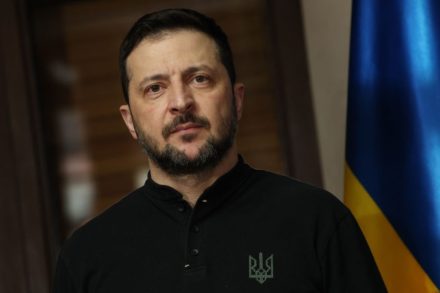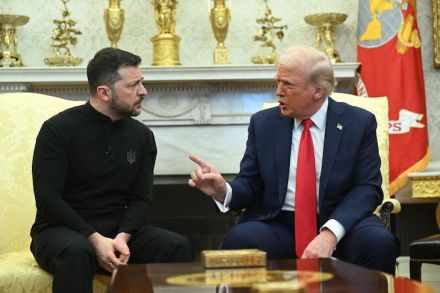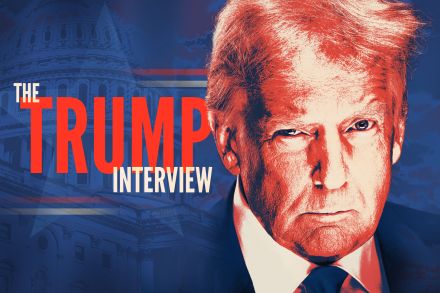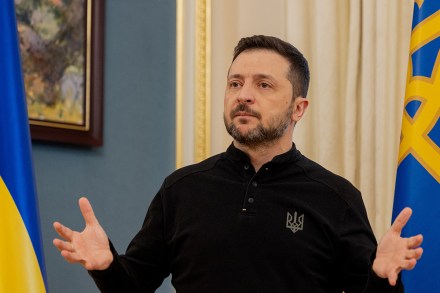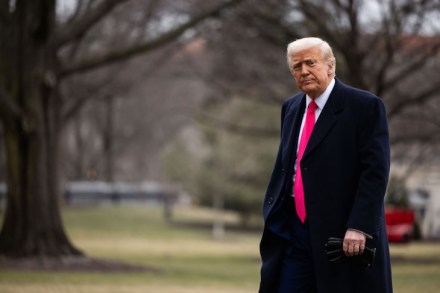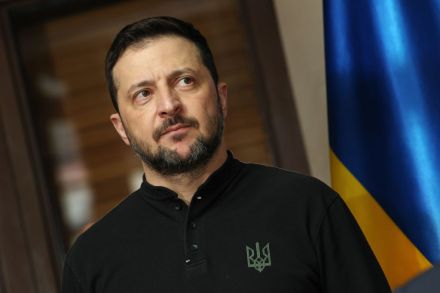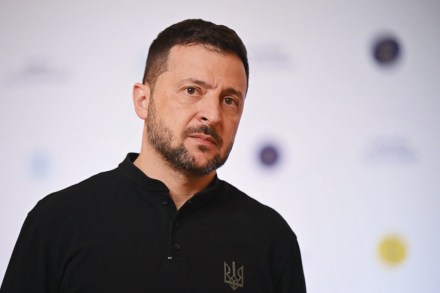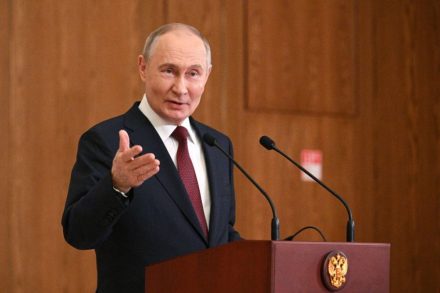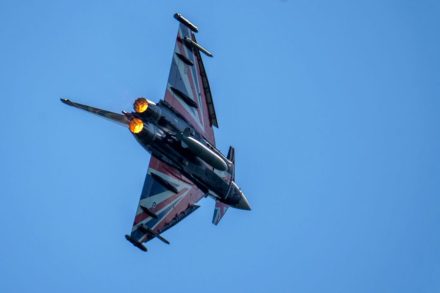Has Ukraine called Putin’s bluff?
Has Vladimir Putin’s bluff just been called? It certainly looks like it. So long as the Ukrainians were refusing to countenance a ceasefire, then Moscow could portray them as being the obstacle to the kind of quick deal Donald Trump appears eager to conclude. Kyiv had previously floated the idea – after another unhelpful intervention from French President Emmanuel Macron – of a limited ceasefire extending just to long-range drone attacks on each others’ cities and critical infrastructure and operations on the Black Sea. But this was a non-starter that was too transparently a trap for Putin, hoping to make him look like the intransigent party if he turned it


